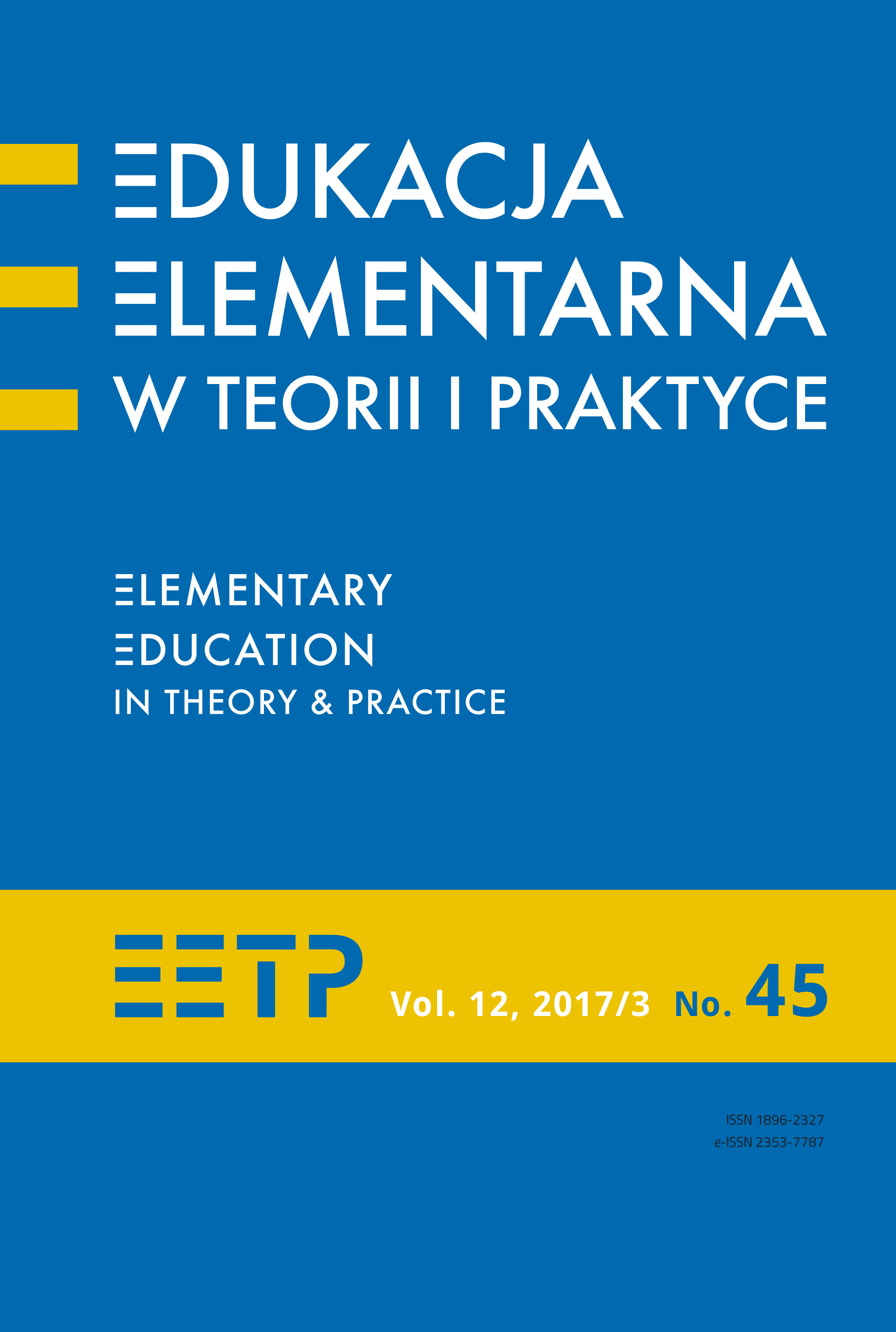Świat uniwersalnych wartości w zetknięciu z niepełnosprawnością – przykłady z polskiej literatury dla dzieci w latach 1919–1949
Values in Contact with Disability – Examples from Polish Children’s Literature 1919–1949
Author(s): Alicja FidowiczSubject(s): Social Sciences, Language and Literature Studies, Education, Studies of Literature, Polish Literature, Theory of Literature, Inclusive Education / Inclusion
Published by: Uniwersytet Ignatianum w Krakowie
Keywords: children; disability; disability studies; tolerance; values
Summary/Abstract: The author presents chosen literary works for children created in Poland between 1919 and 1949. She makes an analysis of works created by Edward Słoński (The True Fairy Tale), Kornel Makuszyński (The Two Who Stole the Moon), Maria Kędziorzyna (Behind the LittleBroken Glass, Gaptuś From the Toy Corner). Her analysis uses disability studies and Igor Saksida’s aesthetic conception of children’s literature. Another key proposal of the paper is for a new chronology inside the history of Polish children’s literature (“thirty years 1919-1949” instead of the current division between “interwar period” and “postwar period”). The author makes an attempt to present the values (tolerance, self-acceptation) which are to be found in these works. She is also focused on the universal character of these values and interesting examples of meeting with disability for the child reader. Another proposal is returning some texts to contemporary culture after the communist period as the important element of that prose is not only its educational aspect but also the aesthetic one.
Journal: Edukacja Elementarna w Teorii i Praktyce
- Issue Year: 12/2017
- Issue No: 3 (45)
- Page Range: 119-131
- Page Count: 13
- Language: Polish

